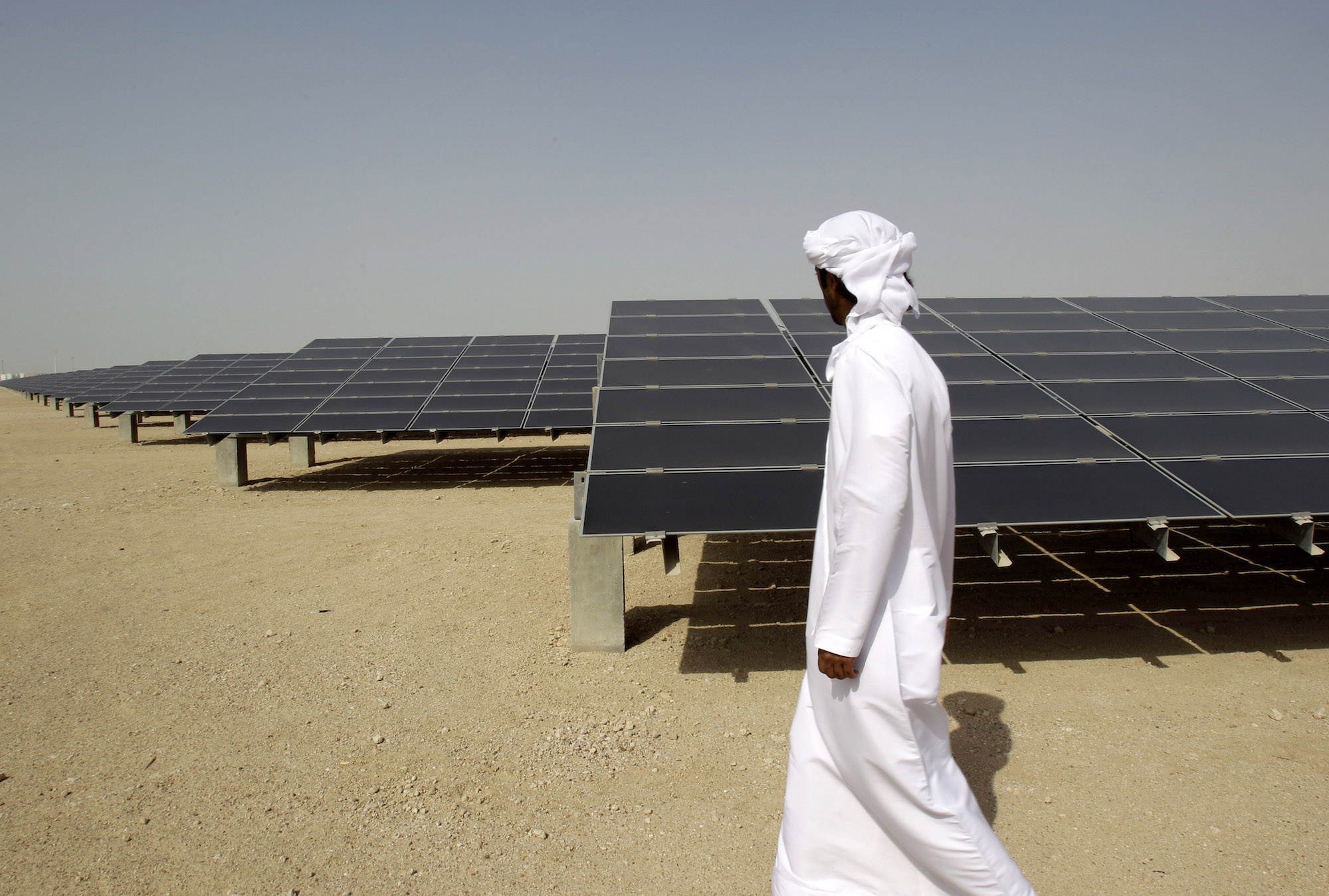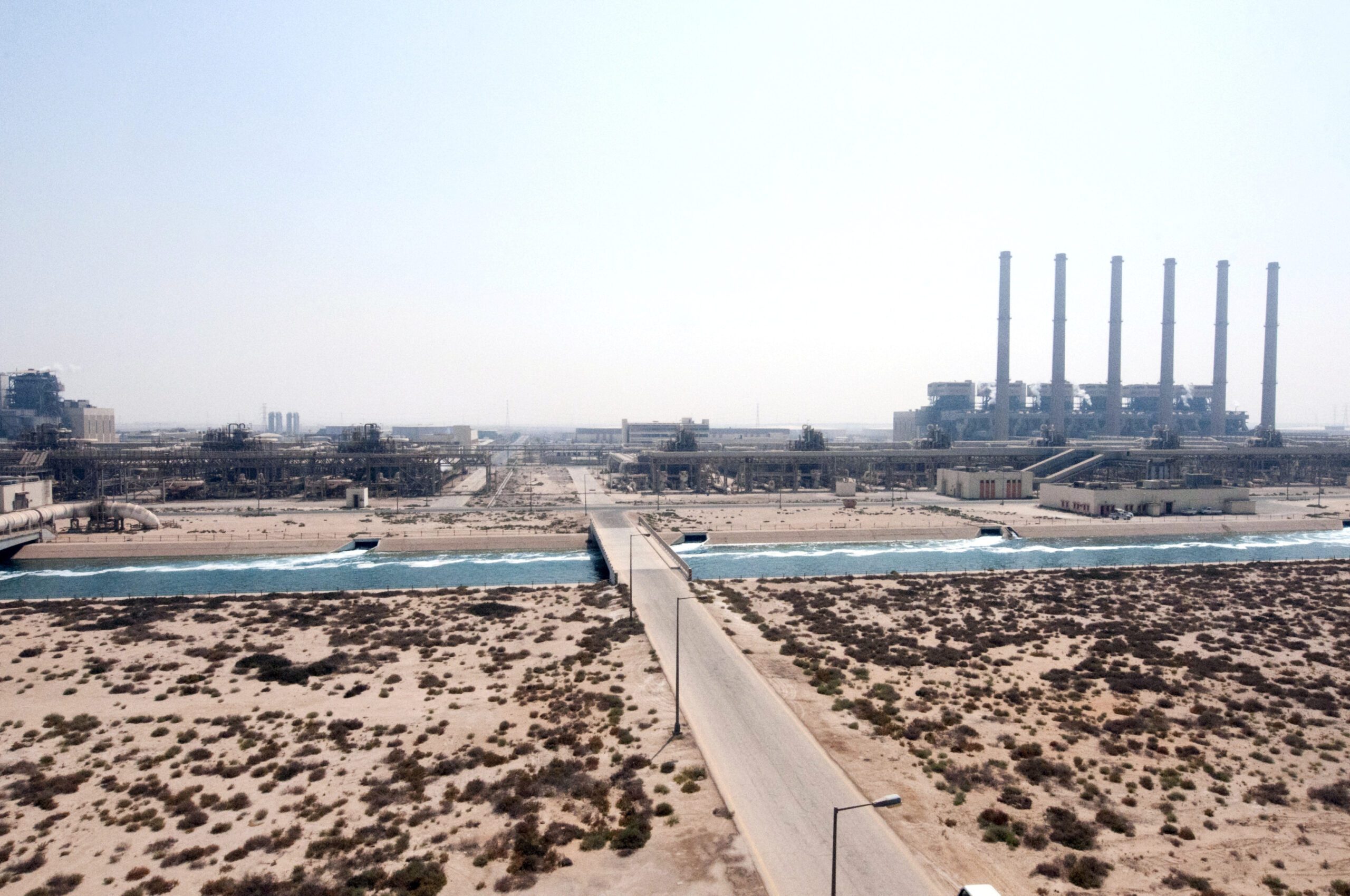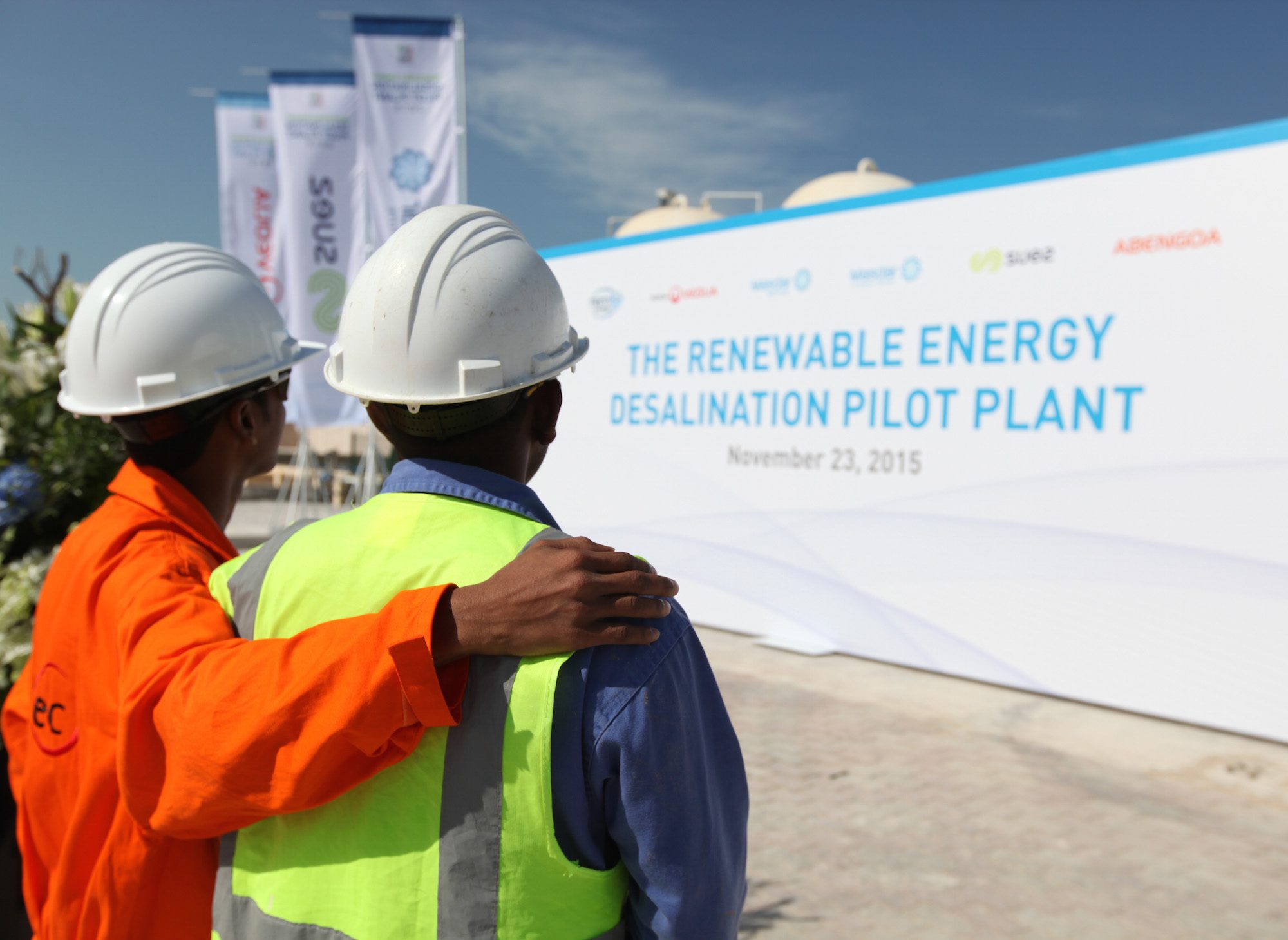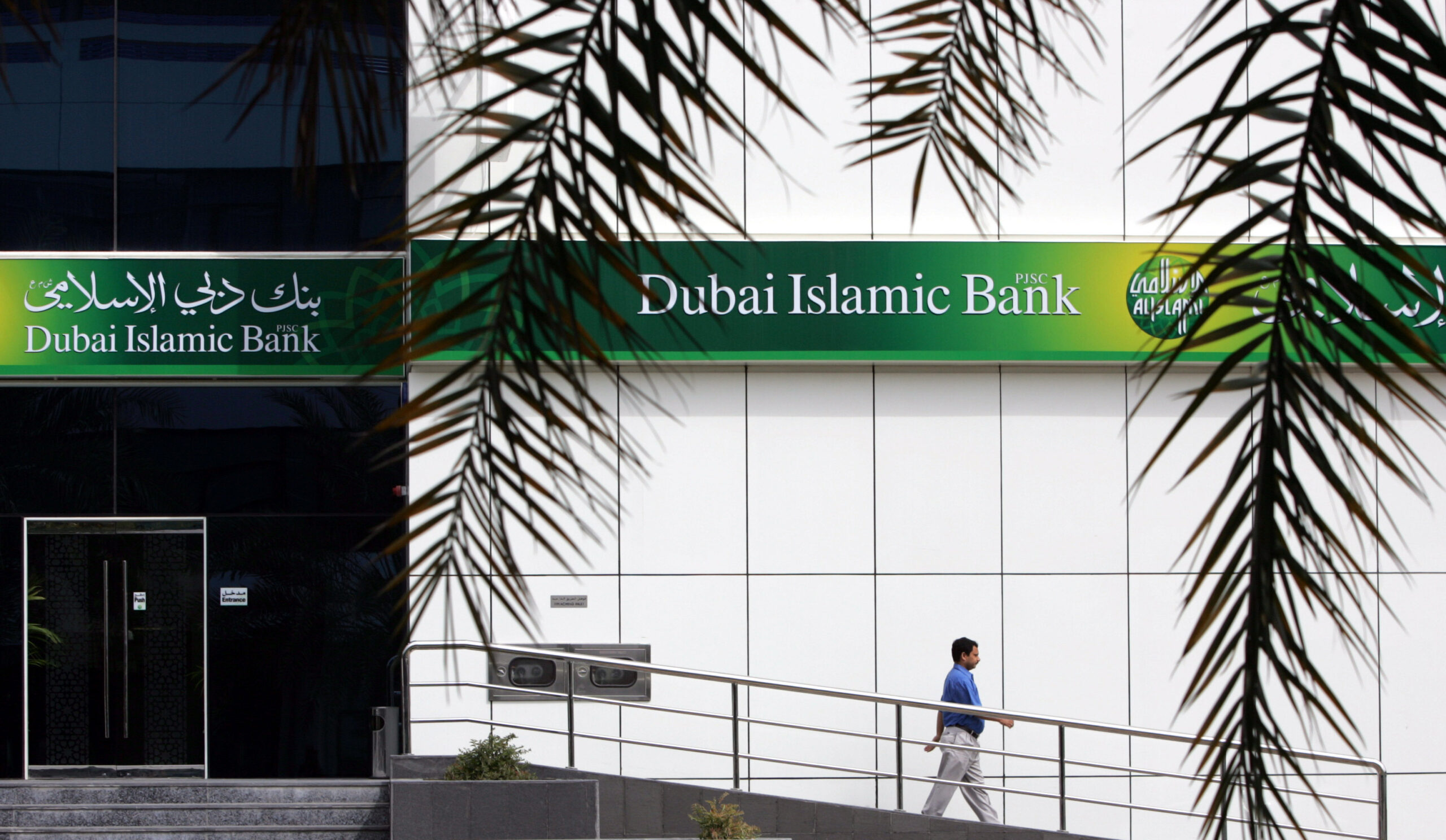Weathering Climate Change in the Gulf
Climate change and environmental degradation are among the most pressing threats facing countries of the Gulf Cooperation Council.

Executive Summary
Climate change and environmental degradation are among the most pressing threats facing countries of the Gulf Cooperation Council. There is ample evidence of extreme weather events in the Gulf region, ranging from extreme summer temperatures to unprecedented flooding and intense tropical storms. The impacts of climate change are not only environmental but also have economic and socio-political dimensions.
The Gulf Arab states are already at a weak starting point in terms of greenhouse gas (GHG) emissions per capita. Five of the six GCC members are among the top 10 GHG emitters per capita, according to the World Resources Institute’s global ranking. Moreover, annual growth in GHG emissions in the region is extremely high. That is why Gulf countries are accelerating investment in clean and renewable energy, as well as securing massive funds for research on climate change mitigation technologies.
Managing climate change also has a foreign policy dimension as countries become subject to international scrutiny under the United Nations Convention on Climate Change. GCC countries have taken an active role at the negotiations, with Qatar hosting the 18th annual Conference of Parties in November 2012. Additionally, each of the GCC members has submitted a climate action plan to the UNFCCC through the intended nationally determined contributions platform. Despite the influence of individual Gulf states on technical and high-level initiatives on climate change at the international level, they are lacking strong regional cooperation and harmonization of climate policies.
The AGSIW Visions of Change Series
As Gulf Arab governments adjust to fiscal deficits driven by lower oil prices, the state, traditionally the leader in economic development, is under pressure to utilize available finance from the private sector. In labor markets, the state will need to reassess its role in providing the bulk of job creation for Gulf citizens, as well as question its reliance on low-wage foreign labor. These recalibrations of the Gulf economic development model have been under discussion in the “visions” of national development plans for some time. But the necessity of expeditious structural reforms is now far more pressing. Diversification away from resource-dependent state spending will require changes across the economies, and the societies, of the Gulf Arab countries.
This paper is a part of AGSIW’s Visions of Change series, examining how the Gulf Arab countries are addressing reduced hydrocarbon revenue and responding to pressures to liberalize their economies. This series engages how these efforts are unfolding across the region, by sector and country, to underline the challenges, opportunities, and risks of innovation and economic change.
The views represented herein are the author's or speaker's own and do not necessarily reflect the views of AGSI, its staff, or its board of directors.









